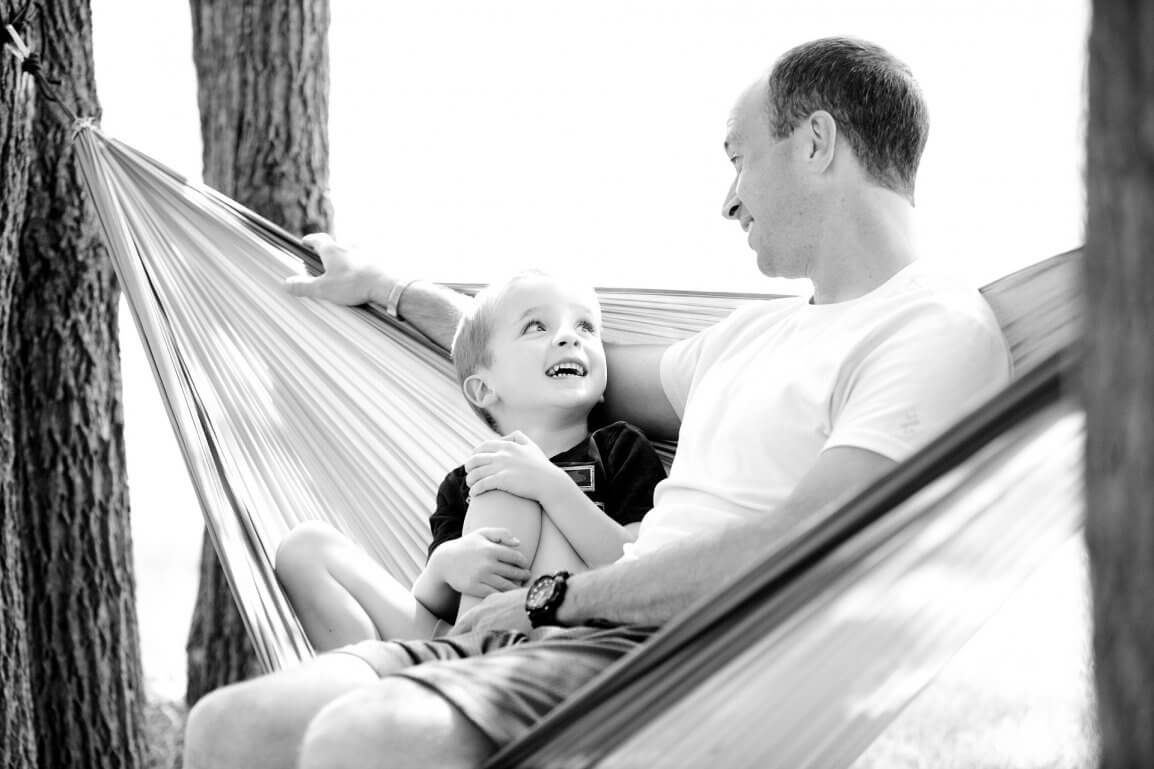by Rubina Henry
You might be tempted to think that a discussion with our children on these topics should be scheduled for an age when they start asking questions about relationships and we might pray that these don’t arise until well into the teenage years, but in our present culture these topics are no longer ones that we can ignore or hope won’t crop up at all. No longer are we preparing for the “birds and the bees” conversation, but rather the “birds and the birds” or the “bees and the bees”! While it is difficult to navigate, it is a necessary discussion that we need to equip ourselves for and be prepared to initiate with our children. We need to be able to present a faithful biblical perspective that counteracts the worldview narrative which says, “you can be whatever you want to be”.
That preparation begins with building a foundation of understanding gender in the creation passages of Genesis. From the very youngest of ages, we can help our children grasp a key understanding that:
- God created everything
- God is good
- That he created all things according to his purpose (and so he does not make mistakes)
- He created the first man and woman and it was “very good”
We also want children to trust in the authority of God’s word to us and understand that:
- God has revealed himself through his word
- God’s word is a gift. It is true and can be trusted
And we want our children to have an accurate understanding of Sin:
- Sin is not following (obeying) God’s word
- Sin affects our wellbeing and that of others
- Only God can fix it. We cannot.
With these foundations as a platform we can begin to explain the similarities and differences between boys and girls and how this is God’s good design for his people. God made boys and girls different for a reason, but both are equally important to and equally loved by God. There is no better gender to be, but the one God in his wisdom, made us to be. As God loves us equally, we are called to treat one another with kindness, love and respect. That includes respecting one another’s differences. Yet not all people believe this view and we sometimes may be criticised for holding these views. This is part of living in a world broken by sin. Nevertheless, in a loving and gentle way we are to honour, trust and respect what God teaches us in his word.
How are we to navigate these conversations? Parents are given the command to instruct our children in God’s ways (Deuteronomy 6) when we are walking along the way. This means being ready to have those discussions whenever they arise – at mealtimes, in the car, while watching TV – whenever there’s an opportunity. Remember that it is a process, not a one-off event, so engineering the discussion when it’s convenient to you may not make it meaningful or memorable and might leave your child wondering why you’re suddenly talking about it.
Similarly, if you never talk about gender and sexuality, your child may never choose to talk to you about these things. So, if you are not the one that shapes their world view on God’s design for our sexuality, the world will be doing that – that is their friends, TV, music, advertising, social media “friends”. You can be sure that kids are going to have this conversation with someone, and it’s better that it be with a parent who can lovingly and wisely point their child to the one who created them. For sons it is good to have some of these conversations with a father if one is able. It’s not only about telling children how to value and appreciate the way God has created us, but also modelling it. This can be in the way mums and dads treat each other, loving and respecting one another’s equally valued yet different roles.
There’s no script to follow but your manner when talking to children about these things will also shape their understanding. Showing love and grace is so important, especially when these conversations come about because we know of people struggling with gender, identity or sexuality issues. We are not to vilify but show compassion, but also not to forget to talk about the damage it does, especially to those who use pornography- something which is not uncommon in school-aged children.
As parents, you are the experts at knowing your child’s personality and maturity – no-one is better equipped to decide how much and when a child is able to understand, no one is more suitable to model speaking the truth in love and being confident that what the Bible says about our identity is good.
Read more about this on https://www.thegospelcoalition.org/article/how-to-talk-toyour-kids-about-gender/

